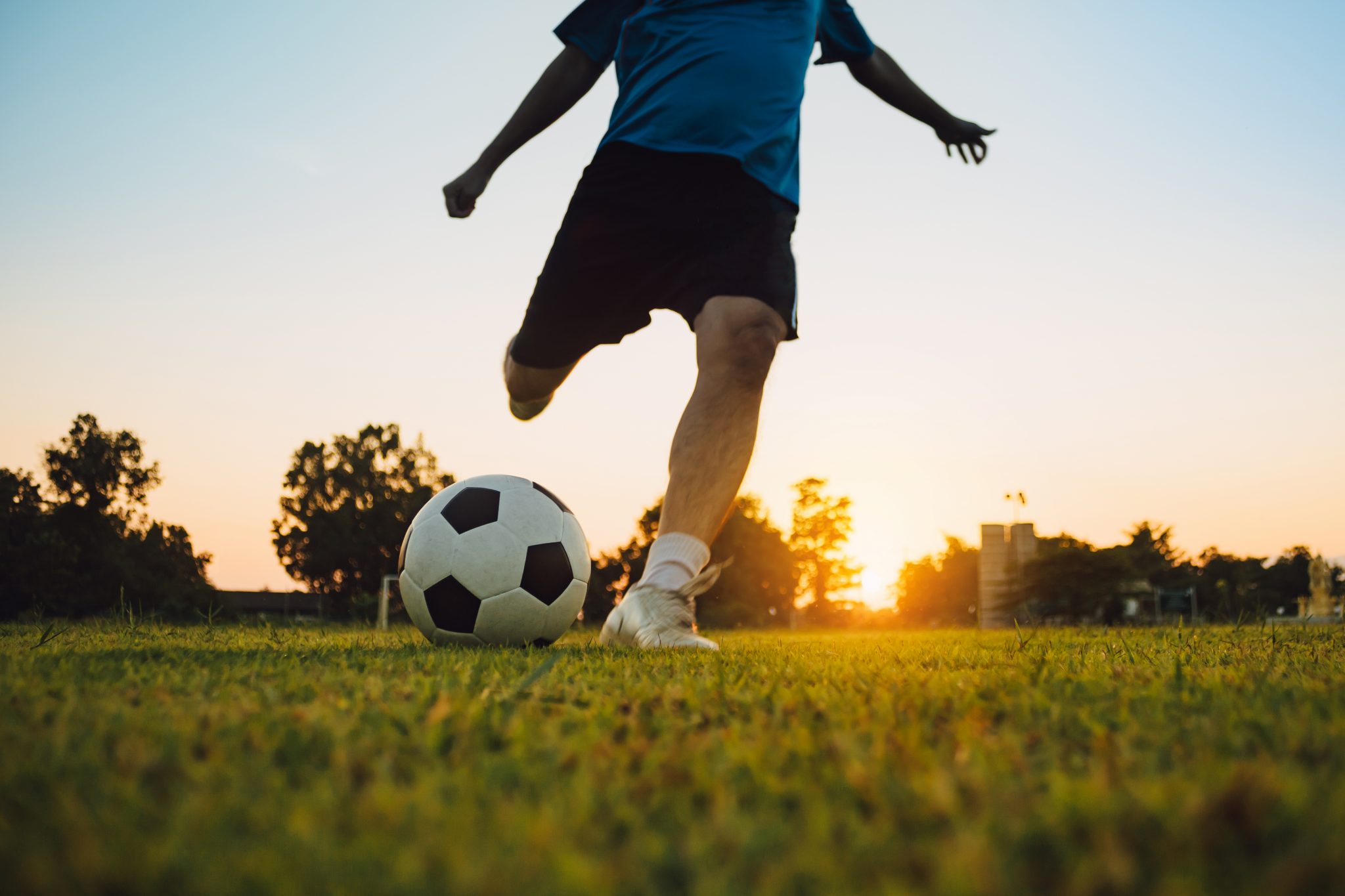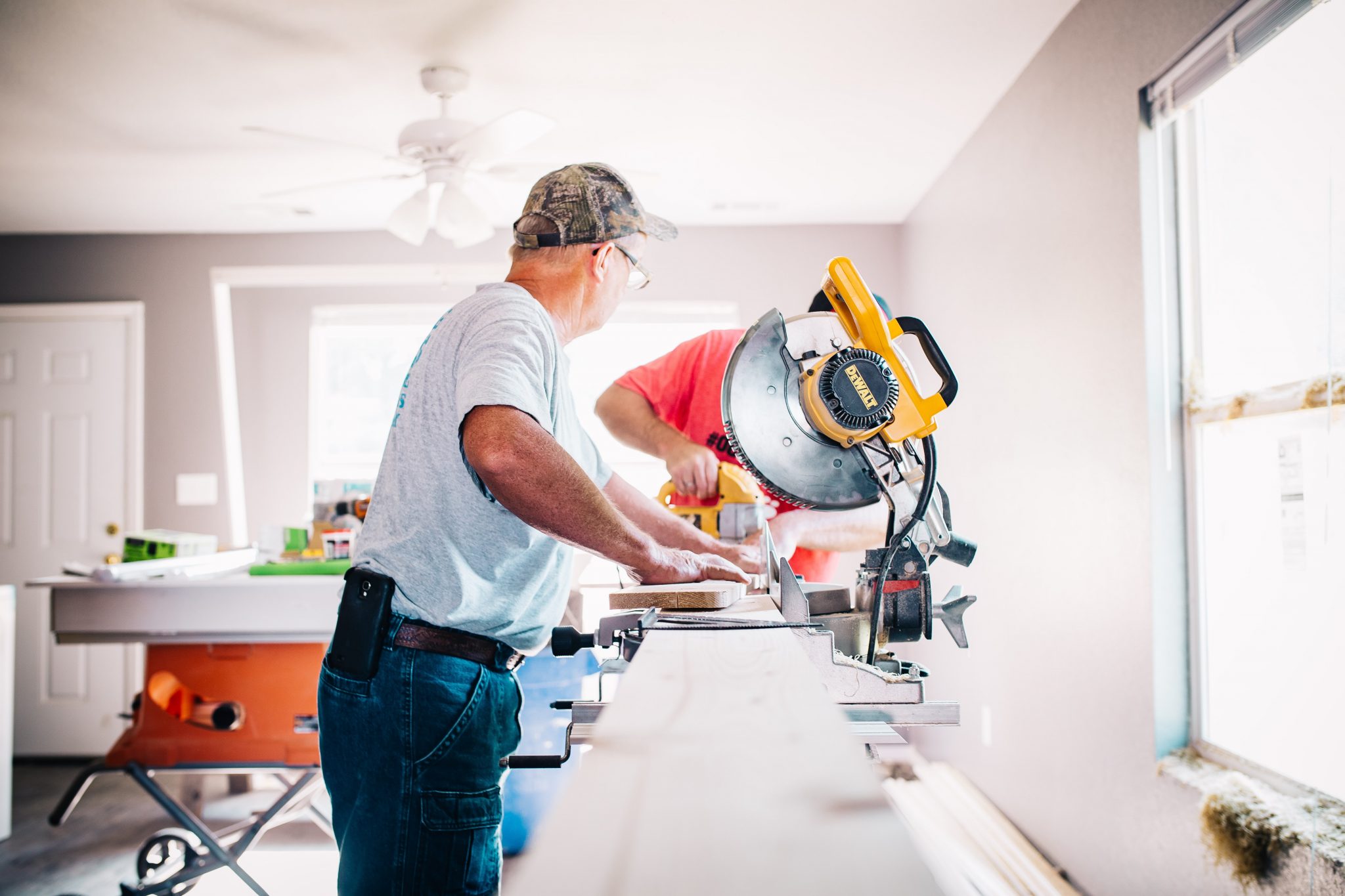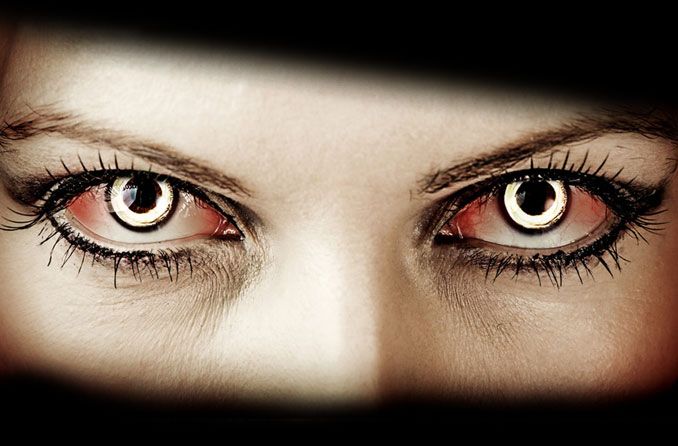The national spotlight turned to Sydney Harbour on Boxing Day, and to the millions of dollars of super-maxi yachts and their capable crews. On board nothing was left to chance.
Before the race, Skipper David Witt, of third placegetter Scallywag, told media of the importance of protecting his crew’s eyes from the punishing sea conditions.
Protective goggles were an essential part of the uniform while travelling at such high speeds, he revealed.
Witt likened the feeling of travelling on a super-maxi at speed to putting your head out a car window doing 100km/h.
But on dry land, far from media attention, Australian farmers, and others such as DIY renovators and maintenance contractors are putting their eyes at risk every day.
It’s time they got on board with the yachtsman’s safety message and started taking eye health more seriously.
The importance of eye protection
Eye accidents can happen in an instant, and in worst cases, lead to legal blindness or the loss of an eye.
In the US, experts from the National Eye Institute more than 90 percent of eye injuries can be prevented. Sixty percent of eye accidents happen at work, many of which could be avoided. Employees in the construction, manufacturing, agriculture, forestry, fishing and mining industries are most at risk.
Farmers, handymen and DIY renovators are often generalists who use a variety of tools and chemicals. Many work alone, miles away from emergency medical assistance.
Protective eyewear
Talking to your optometrist about your line of work while having a painless eye examination, is the only sure way to know you are using the correct protective eyewear.
An optometrist will be able to advise you of the effectiveness of using face shields, goggles or safety glasses with protective lenses, to suit your eyes and your line of work.
Some eye protection options include:
Safety glasses
- Can look like regular spectacles but the lenses are more durable
- Provide better protection against flying debris
- May be low impact (no marking) or medium impact (marked with an I)
- Should also provide side protection.
- If you have a vision problem, you can use specially made glasses that have corrective lenses.
Safety goggles
You should always wear splash goggles when handling and applying chemicals. Workers can also wear welding goggles to protect their eyes from intense light and sparks. Make sure they fit snugly around your eyes.
Helmets or goggles with special filters are available to provide more protection for welders or people working with lasers.
- May offer an extra level of protection above that provided by safety glasses
- May be low or medium impact
Eye shields
- Cover your upper face
- Have much the same function as goggles but are less likely to fog
- May be low or medium impact
- Spectacles can be worn beneath an eye shield
Face shields
- Cover your entire face
- May be low impact, medium impact or high impact (marked with a V)
- Spectacles can be worn beneath a face shield
Protective eyewear maintenance
Protective eyewear should be carefully selected, fitted and cleaned. Protective eyewear should be reasonably comfortable and fit snugly without interfering with the movements or vision of the wearer.
Contact lenses and chemicals
Never wear contact lenses when handling ammonia or other farm chemicals. Store eye protection in clean, dust-proof containers. Spray cans are an increasing source of chemical eye injury, compounded by the force of contact.
Foreign object risk
Particles of rocks, soil, crop material or other foreign objects thrown from equipment that chops or grinds can cause unexpected eye injury to the operator or bystander. Keep machinery properly shielded. Keep away from the discharge path.
Eye injuries often occur when servicing equipment. Even simple hand tools can cause severe eye injuries.
Find an optometrist
The only real way to protect your eyes is to discuss your specific eye protection needs with an optometrist. Find one in your area by using the Good vision for life search function.





